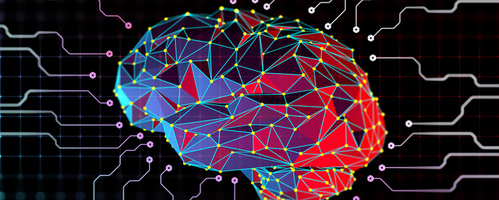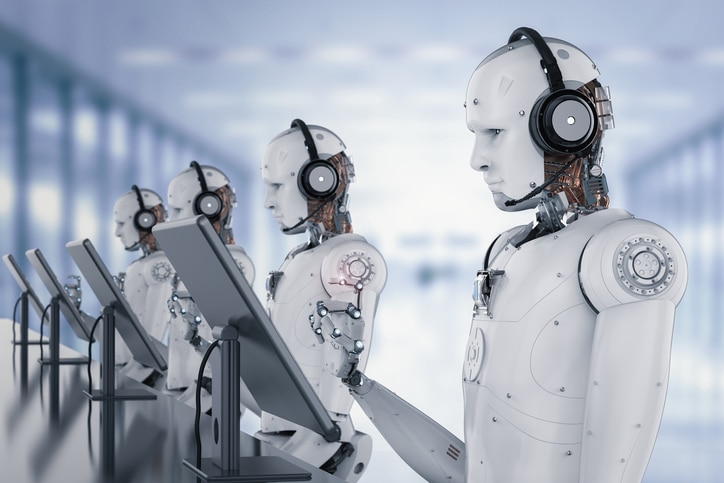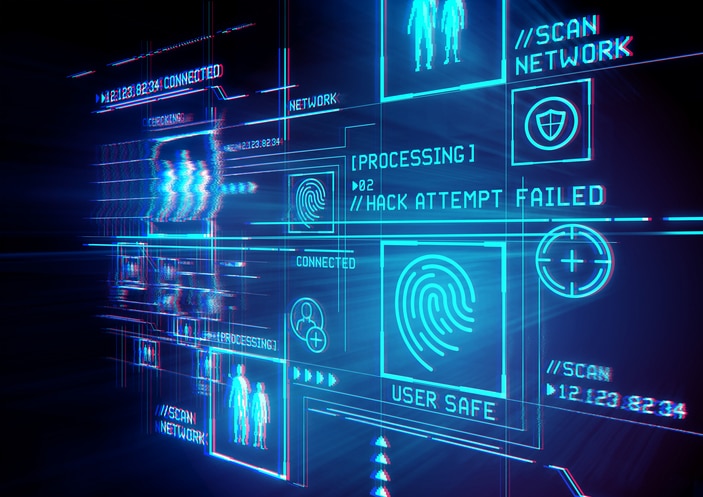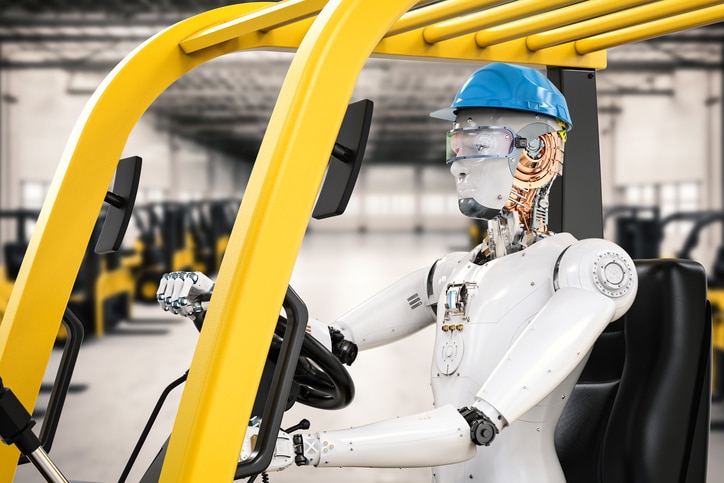
Healthcare and AI

Doctors have always been a little cautious about the “worried-well” diagnosing themselves with fantastic ailments using the web. Increasingly, though, it seems there’s a solution: Cut out the middle-man.
Artificial intelligence in healthcare is growing rapidly. Across diagnosis, research, prevention and treatment, AI solutions are promising a revolution. The next big name in healthcare may, in fact, be Google: The company’s DeepMind AI business is in partnership with a number of NHS trusts, helping see if its technology can spot early signs of eye conditions that doctors would miss, for instance. Wearables maker Fitbit, meanwhile, is connecting with Google’s dedicated healthcare cloud so doctors can easily access data from its wearables.
In fact, there’s countless ways AI could transform healthcare, across every part of healthcare, and there are ever more businesses serving the sector. It’s not just governments and healthcare businesses that could benefit. AI could also help businesses to build healthier workforces and improve employees’ well being, getting them diagnosed and treated more quickly, and healthy and back to work faster. It could even help encourage them to live healthier lifestyles to prevent them getting ill: A worthwhile investment for many businesses.
Data security

The technology doesn’t just promise new treatments and innovations. It also gives us the opportunity to do the same things more cheaply; it’s been suggested it could cut the soaring costs of drug development for pharmaceuticals businesses, for instance. Researchers could generate accurate hypotheses faster, “making the drug discovery process less expensive and more effective”, according to one data and analytics company director.
All technology brings challenges, though, and AI is no exception. We’re already seen the UK’s Information Commissioner’s Office, for instance, rule that DeepMind’s partnership with one NHS Trust breached the Data Protection Act. There are outside threats, too, as last year’s Wannacry ransomware attacks showed, affecting not just PCs but connected medical equipment such as MRI scanners and blood testing devices, too. As connected technology becomes ever more ubiquitous in healthcare, the potential disruption grows.
Not surprisingly, it’s not just data regulators businesses who are interested in AI; the FDA in the US is already taking a keen interest in the regulation of AI applications in healthcare.
AI and the supply chain

None of this diminishes the potential of AI in healthcare, but it’s a reminder that the sensitivity of data and dangers involved warrant special protection for the field. It should also serve as a reminder for businesses to look to the low hanging fruit as well.
There will definitely be powerful applications of AI developed that overcome the challenges of privacy and security. But there are also applications that often don’t involve such sensitive data but could still have a significant impact on the business. The supply chain, for instance, is likely to be another key area where AI can make a real difference, and it’s already being used to cut shipping times and costs; yet there’s not widespread adoption.
As AI develops, it should make supply chains faster, more efficient, more robust and transparent. Businesses that want to make the best use of the technology will need to look to every part of their business, and grab the opportunities where they find them.

